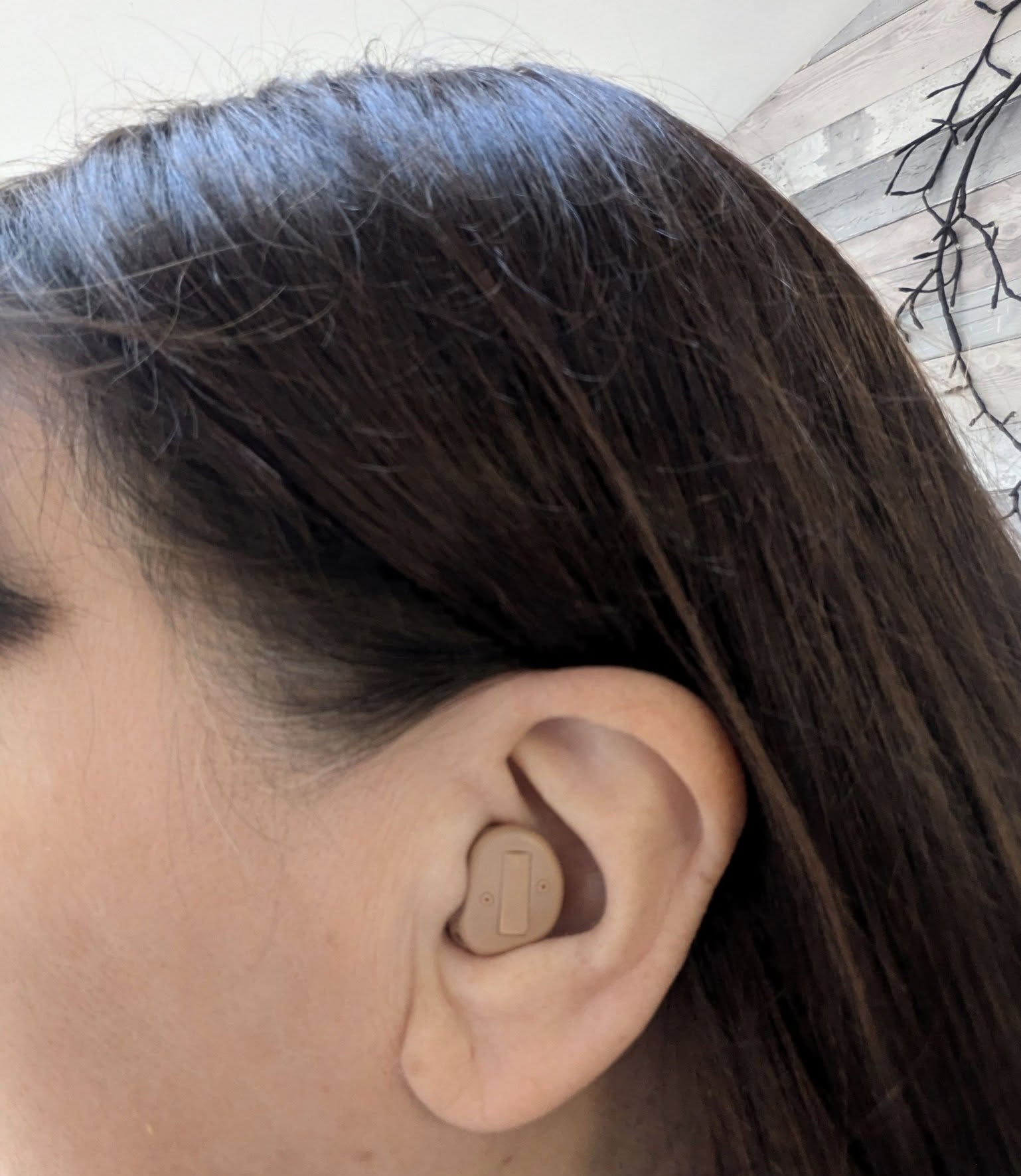This post contains affliate links.
For individuals who wear hearing aids, the transition from amplified sound to natural hearing—or near silence—can be a profound experience. While some find relief in the quiet, others encounter an increase in tinnitus, a sense of disconnection, or even feelings of unease. In this article, we explore what people experience when they remove their hearing aids at night and how they manage the transition.
The Experience of Silence—Or Lack Thereof
One of the most common responses from individuals with hearing loss is the calming effect of silence. Many wearers describe taking out their hearing aids as a moment of relaxation, where the noise of the world fades away, allowing their minds to unwind before sleep. This is particularly true for those with severe-to-profound hearing loss, as environmental sounds become almost nonexistent once their devices are removed.
However, not everyone experiences true silence. Many individuals report an increase in tinnitus—a ringing, buzzing, or hissing sound that becomes more noticeable when external sounds are removed. For some, tinnitus is mild and manageable, but for others, it can be a source of frustration, making it harder to fall asleep.
The Role of Tinnitus in Nighttime Hearing
Tinnitus is a major factor in the nighttime hearing experience. Without the auditory stimulation provided by hearing aids, the brain often perceives the lack of external sound as an increase in internal noise. Several individuals report that their tinnitus becomes more pronounced once their hearing aids are removed, with descriptions ranging from faint ringing to a loud swarm of locusts.
To cope with this, some wearers choose to leave their hearing aids in at a low volume or use alternative strategies such as:
- White noise machines or sound therapy – Playing brown noise, ocean sounds, or soft music can help mask tinnitus and create a more soothing sleep environment. There are many apps that you can use to find these sounds or you can use a bedside tinnitus masker.
- Fabric sleep headbands with built-in speakers – These devices allow wearers to listen to calming sounds without discomfort while lying down.
- Pillow Speakers – Small speakers that go under your pillow to get masking noise.
- Mindfulness and relaxation techniques – Deep breathing and guided meditation can help ease the anxiety caused by tinnitus at bedtime.
Feelings of Disconnection and Adaptation
For some individuals, removing hearing aids at night brings about a sense of isolation. This can be especially pronounced when staying in unfamiliar places, such as hotels, where the lack of environmental sound cues creates an unsettling experience. Others describe the transition to quiet as something that requires an adjustment period, during which their brain adapts to the absence of amplified sound.
Interestingly, a few individuals report still being able to hear certain loud sounds, such as pets moving around, household alarms, or partners snoring—though often in a muffled manner.
The Relief of Removing Hearing Aids
Despite the challenges some face, there is a significant portion of hearing aid users who find relief in removing their devices at the end of the day. This can be due to:
- Cognitive fatigue – The constant effort required to process sound throughout the day can be exhausting. Removing hearing aids allows the brain to take a break.
- Physical comfort – Hearing aids, especially custom-molded or behind-the-ear models, can sometimes cause irritation or pressure. Taking them out provides immediate relief.
- Preference for natural quiet – Some individuals appreciate the contrast between daytime noise and nighttime calm, even if they do not experience complete silence.
Conclusion
The experience of taking off hearing aids at night is highly individualized. While some find the silence peaceful and relaxing, others struggle with increased tinnitus or feelings of isolation. Thankfully, there are ways to manage these challenges, from using sound therapy to practicing relaxation techniques. If you’re experiencing difficulties with your nighttime hearing routine, consulting with an audiologist may help you find personalized strategies to improve your comfort and sleep quality.
Whether it’s silence, tinnitus, or the occasional muffled sound of a snoring partner, the transition from wearing hearing aids to nighttime quiet is a unique experience for each individual.

